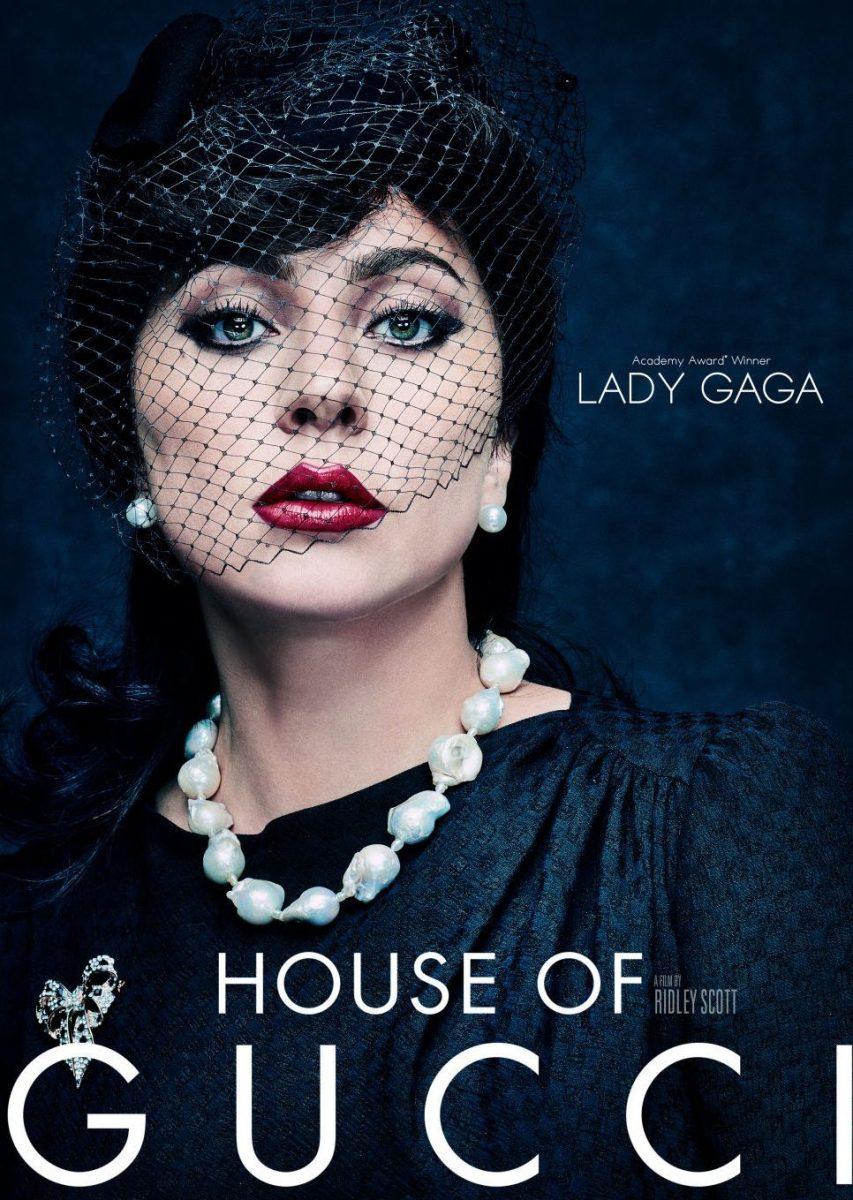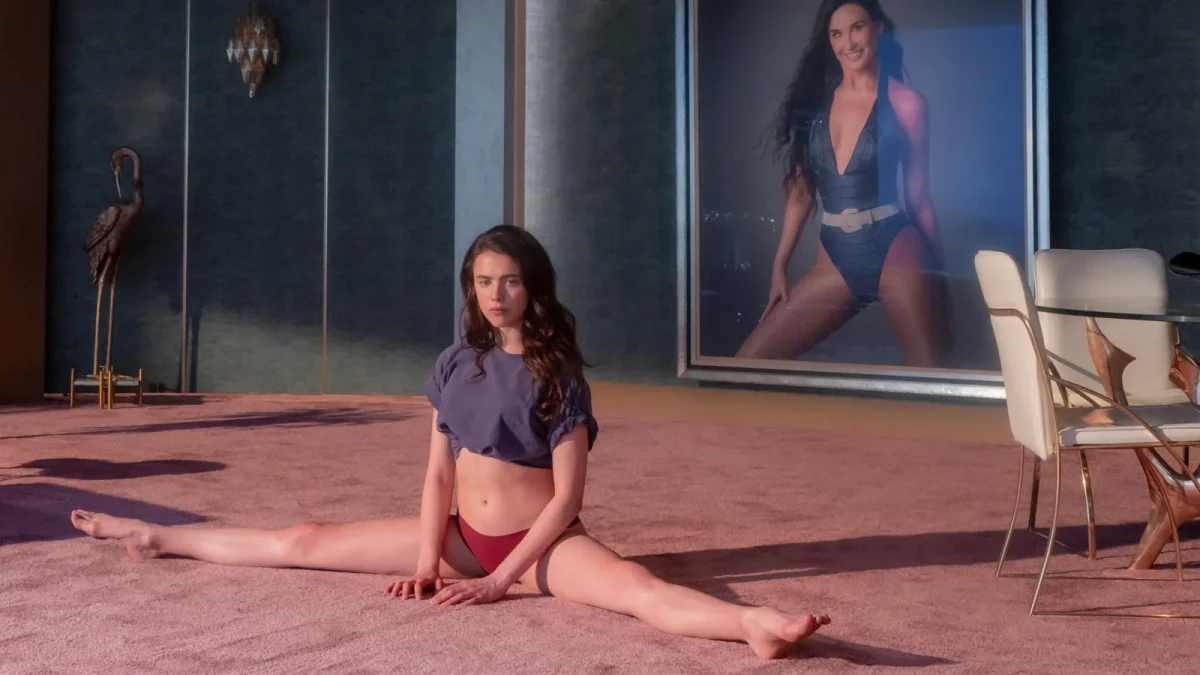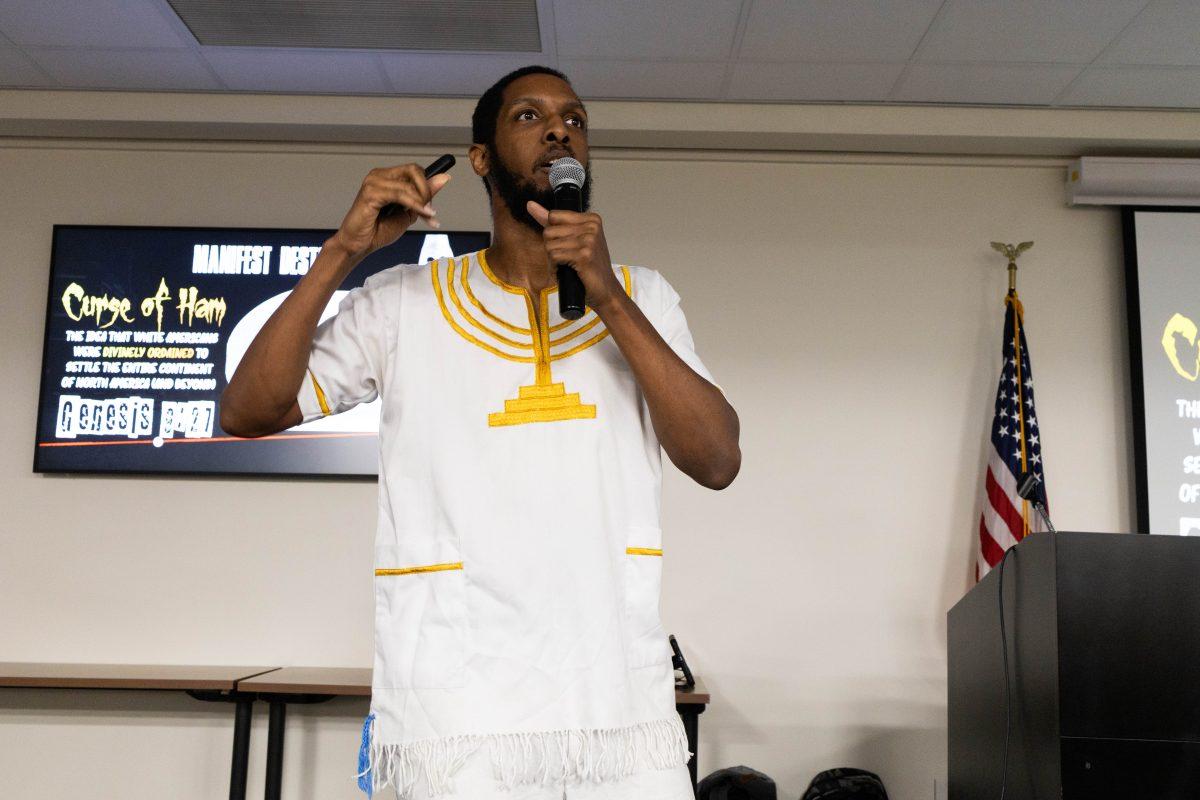By William L.G. Stephens
The characters in “House of Gucci” all have one thing in common: they are all playing chess. They just don’t realize they are actually pawns.
Now I’m not saying she’s a gold digger … but Patrizia Reggiani (Lady Gaga), knew Maurizio was a Gucci heir.
Only it wasn’t his money that Patrizia was attracted to, it was his brand name.
In the beginning, Maurizio Gucci (Adam Driver), is about as humble as you can be in a thousand-dollar suit. He hasn’t acquired that taste for greed yet, not like his family has anyways.
After being disowned by his father for wanting to marry a woman who couldn’t match the commas in his bank account, Maurizio and his newly wedded bride Patrizia, are enticed back into the family business by his uncle, Aldo (Al Pacino).
Eventually disagreements arise and Aldo is quick to remind Maurizio and Patrizia that they’d still be “shoveling s—t” if it wasn’t for him.
This is a family that feels the constant need to remind each other how many leagues below them the other one is.
Paolo Gucci (Jared Leto) is the target of much of that demoralization. Paolo desperately seeks praise from the family in a performance that ranges between borderline parody and Oscar gold.
That borderline just about sums up how “House of Gucci” made me feel throughout its 158-minute run time. It’s difficult to sympathize with the rich fighting over which one of them is, well, the richest.
Eventually this game of chess turns into a game of musical chairs. One that results in a ripple effect of lies and deception. As the game goes on, less seats remain available until Patrizia has manipulated her husband’s way to the head of the table.
Of course, this all happens right around the time Maurizio has plans of a future that doesn’t involve being with Patrizia. The way Patrizia sees it, if she can’t have Maurizio, then no one can.
Much has been said about Ridley Scott taking liberties with the real-life events of the Gucci story. If you didn’t know by now that’s what Hollywood does, well now you know.
It will behoove you to not go into “House of Gucci” expecting a history lesson on fashion, as you will not be satisfied once it’s over.
Beneath all the layers of designer clothing and penthouses, the filthy-rich still have poor-family issues, and that is exactly the point Ridley Scott’s “House of Gucci” is trying to get across.
Make no mistake about it, this is a film that is as pretentious as the people it’s based upon. If you can get past all that, you might start to ask yourself, is it pretentious by design?











